Adopting the Proworking Approach in 2020
"It’s clear that the need for dedicated office space isn’t going anywhere," Firmspace CEO Anish Michael told CPE. Here’s how his coworking company is balancing flexibility and safety with privacy.
Having a dedicated space to engage in deep, distraction-free work is what most leaders in law, finance, consulting, real estate and other professional services industries need in order to stay active in the new, pandemic-induced business environment. At an enterprise level, proworking has emerged as an extension of coworking, helping companies achieve greater flexibility and ensure tenants’ safety and health through dedicated office spaces—all while still fostering interactions between members.
But what does the future hold for coworking providers if more companies shift to permanent work-from-home models after COVID-19? Firmspace CEO Anish Michael answers this question, but also discusses his company’s plans and proworking approach.
READ ALSO: Coworking Gets Creative Amid COVID-19 Crisis
Firmspace started in Austin and expanded into Denver, Houston and recently into Atlanta. What attracted you to these markets?
Michael: Firmspace was launched to serve an unmet need in the coworking market. Remote work has been on the rise through the pandemic, but there are still senior-level professionals and specific industry executives who prefer a dedicated and distraction-free workspace.
Like Austin, the home of our flagship office, Denver, Houston and Atlanta, are fast-growing and entrepreneurial cities with enormous potential. Even through the pandemic, these cities have continued to thrive and attract new talent, companies and jobs. Forward-thinking coworking spaces understand that even as many traditional offices stay closed, the work environment is still everything for many professionals. 
Fast growing cities are hubs for industry executives in professional services like law, finance, technology and real estate, who are in need of the privacy of dedicated office space. But the traditional concept of coworking falls short for those who need more flexible options to remain nimble and successful. It’s those metropolitan areas that require the most attention for our members and that’s exactly where we want to be.
You’re planning new locations in Chicago, Nashville and Dallas. Are there any pandemic-induced changes in the design of these coworking spaces?
Michael: Firmspace began as office space for law professionals whose work demands privacy and deep focus. We have since branched out to other industries that prioritize privacy. For this reason, our offices were fully equipped to handle coworking in a socially distanced world, even before COVID-19.
All of the new locations will have the same polished and modern design as our existing office spaces, with the continued emphasis on privacy that our executive members are looking for. The major change we are incorporating in all our locations, not just the new ones, is spatial awareness and sanitization. Our priority is the health and well-being of members. Social distancing in our office design is crucial and we’ve taken steps to mitigate risks in shared spaces.
An example of this is limiting the number of chairs at tables in shared spaces and limiting the capacity of conference rooms. We also provide day porters in our offices, who constantly disinfect high-touch spaces with The Centers for Disease Control and Prevention approved cleaning products.
As part of our office design, our walls and floors are durable and aren’t meant to be temporary. We focus on creating safe and lasting spaces made from the materials you’d pick for your own office space, if you were to start designing from the ground up. In addition to permanent walls made from materials selected for better soundproofing, Firmspace offices have a noise cancellation system that turns every office into a quiet room. This makes offices feel more like a traditional private space than a shared environment that offers little privacy and can feel more like a fishbowl.
Has COVID-19 altered your vision on coworking in any way?
Michael: If anything, COVID-19 has solidified the demand for private office spaces and surfaced the challenges of the conventional coworking model. This has forced coworking operators to rethink their entire operations, design and membership policies.
Early versions of coworking spaces were geared toward startups that didn’t have a need for traditional offices. Coworking spaces are recognizing the demand for industry-specific office space: offices that are meant to support work life for lawyers, accountants and other executives who require more from their workspace than just adhering to CDC health regulations.
What changes has the pandemic brought to the coworking sector?
Michael: As cities brace for phased reopenings, professionals looking to return to the office are starting to reconsider their real estate footprint. Flexibility is a key component to that decision. Business leaders at companies of all sizes are considering what a downsized office footprint could look like and how it would work.
By offering flexible membership and reviewing office space needs for our members on a case-by-case basis, members can have a new sense of ownership, relief and control over their office during the economic downturn. Property managers will need to consider policy flexibility, so that those under financial stress or in the middle of workforce planning can make the best possible choice for their needs.
Additionally, companies have scrambled to transform shared spaces into private ones, by adding new walls and plexiglass desk dividers, but all of those additions are only temporary. For those who prefer to work in quiet rooms with doors that fully close, they should expect to see more options available to them in the market. The old coworking model may be out, but professional coworking offices are on the rise.
How do you stay on top of competition in this sector?
Michael: The existing concept of coworking has left room for a transformation in office space. We don’t see ourselves as a coworking space. We position Firmspace private offices as a proworking environment which differentiates us among coworking operators.
We see it like this: If coworking spaces were built to encourage networking and foster a sense of community, proworking spaces are designed for deep focused work. For some, there is a place for work at communal tables and shared phone booths, but for those who have an established business to attend to, this approach lacks the kind of security and privacy needed to get things done.
Are you prepared to overcome challenges if companies continue to shift to work-from-home models?
Michael: It’s likely many companies will shift to permanent work-from-home models post-COVID-19, even part time. But not every company will agree that remote work fits the needs of their workforce.
There are businesses that rely on in-person notarizations and client meetings to close deals. Not every business has the proper infrastructure to go permanently remote. For many executives, the need for a private office will never fade. When the infection curve finally bends on a national level, professionals will want to invite guests or colleagues to a space they’re proud to call their office, whether that’s to make a strong impression or help recruit talent.
Similarly, businesses will find it beneficial to locate their corporate headquarters near vibrant cities because of the greater opportunities, access to talent and infrastructure they offer. It’s clear that the need for dedicated office space isn’t going anywhere. 
In your opinion, what’s missing from the coworking sector?
Michael: The coworking sector is in the midst of a transformation and the missing factor is the inclusion of alternative office space options for every specific industry. The pandemic has left many companies struggling to manage. As some businesses restructure and pivot to stay afloat, reduced budgets and limited workforces are creating challenges for every industry.
The rise of niche industry coworking spaces has created a new realm for professional workspace that can be both private and flexible. It’ll be important that office space demands of individual industries are being met to propel businesses beyond the pandemic. This includes the idea of a more personalized approach to office arrangements and is something property managers will have to consider.
READ ALSO: Flex Office Sector’s Evolution Amid COVID-19
How will the coworking sector look like in 2021?
Michael: Coworking spaces have broadened their target audience as a result of COVID-19. Apart from freelancers, startuppers and solopreneurs, they are ready to partner with big companies who want to benefit from using shared offices and neighboring other teams. We will likely see big name companies turn to coworking as a smarter alternative to the traditional office, primarily for the flexibility it offers. But with the added flexibility must come a sense of security and social distancing.


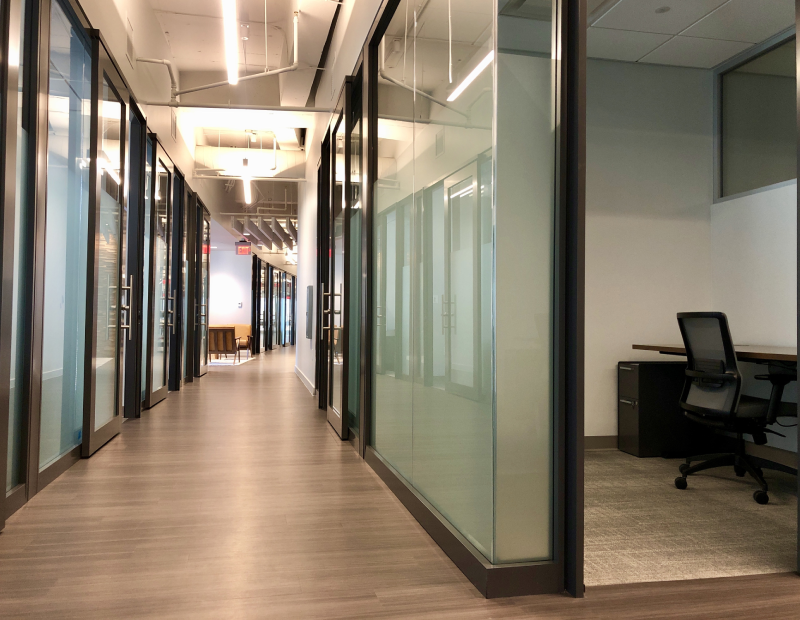
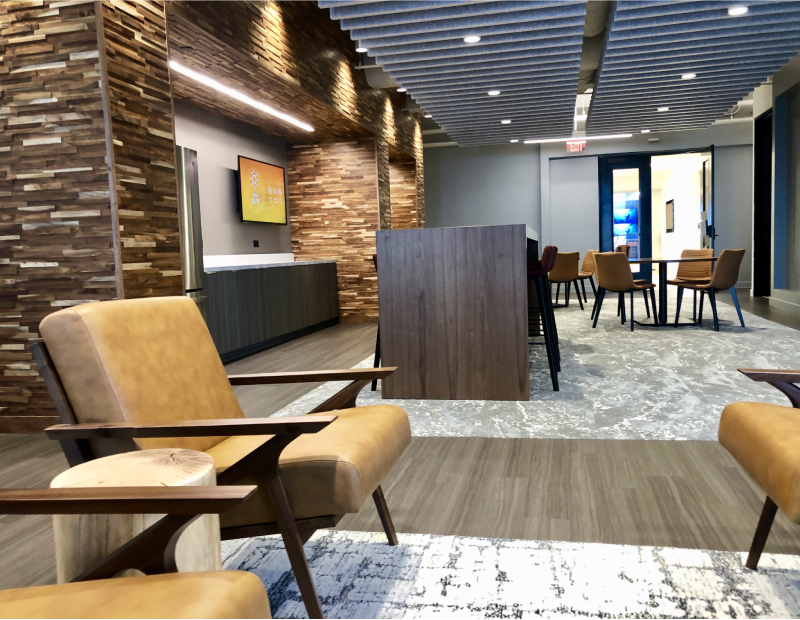
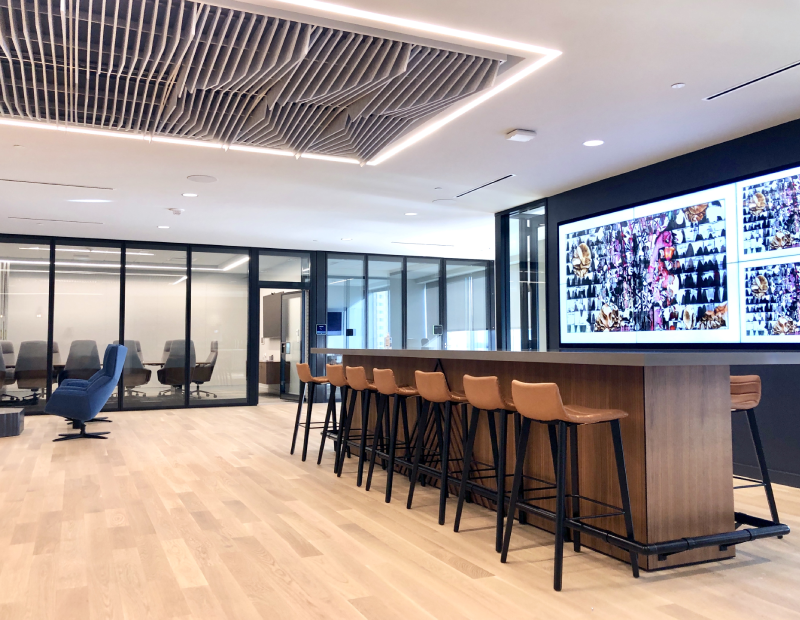



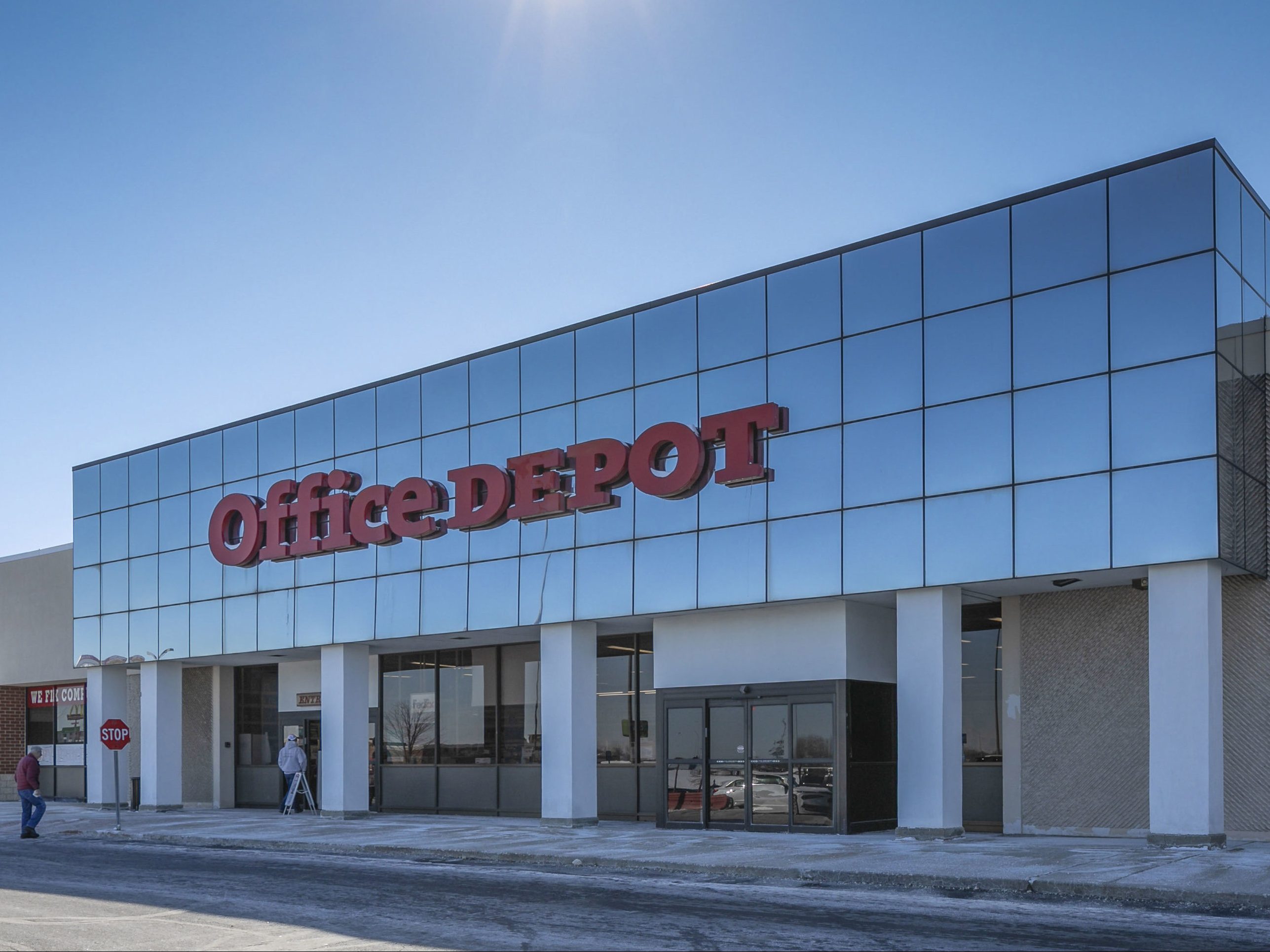
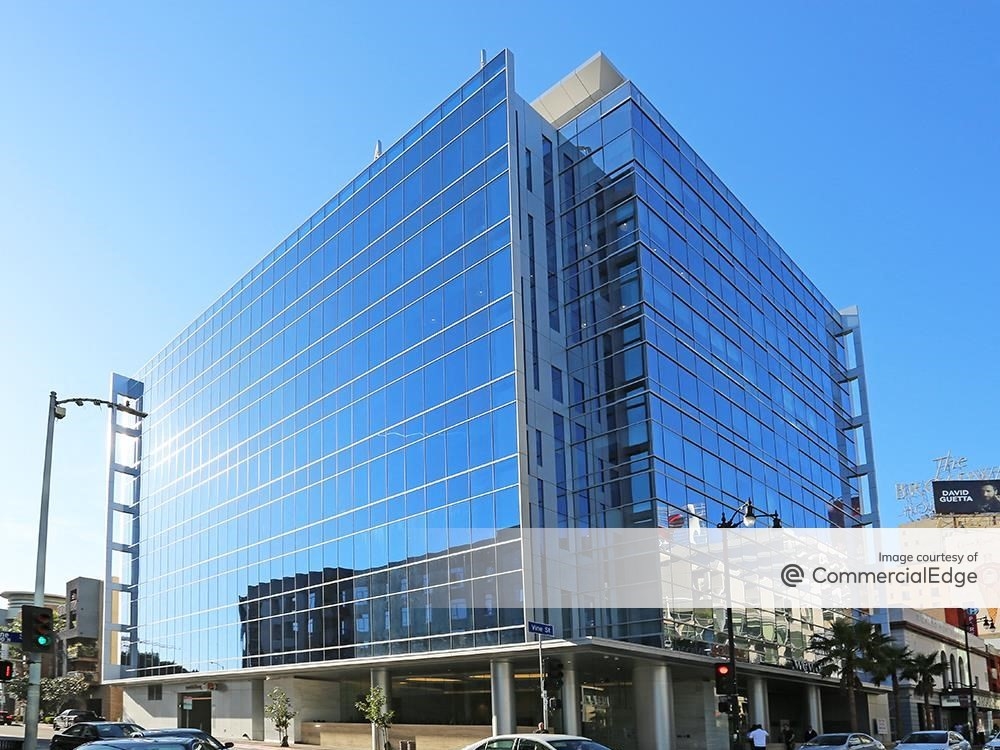
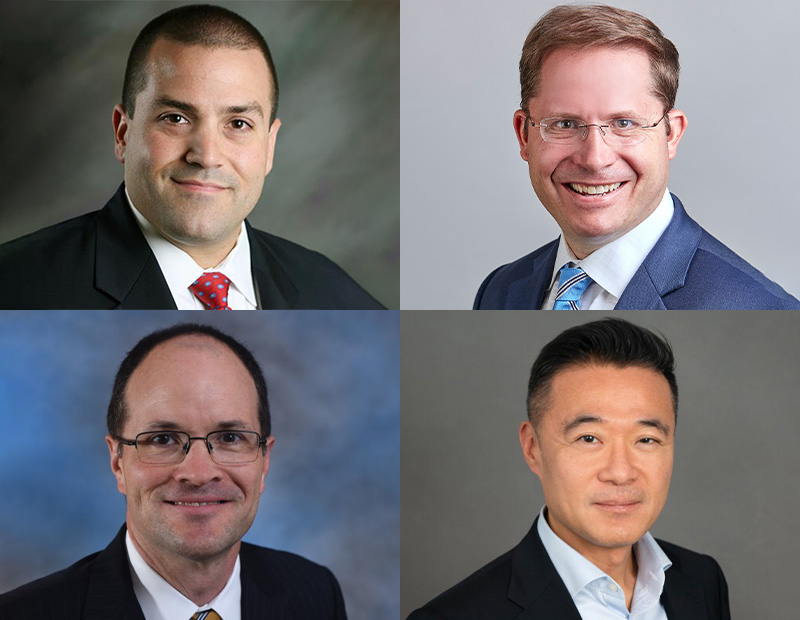
You must be logged in to post a comment.